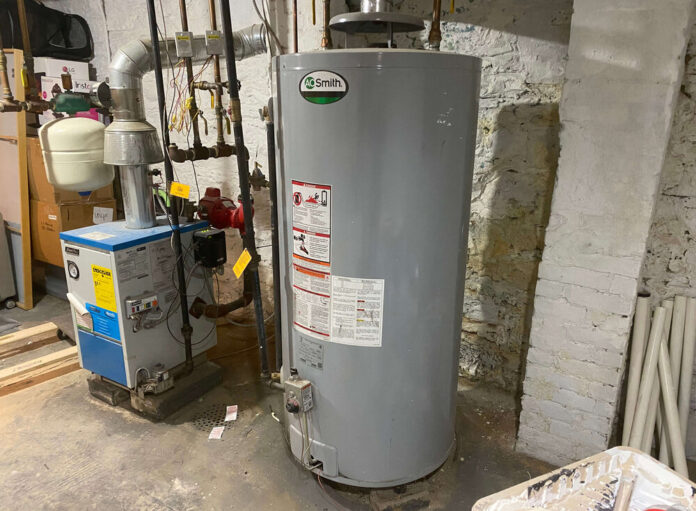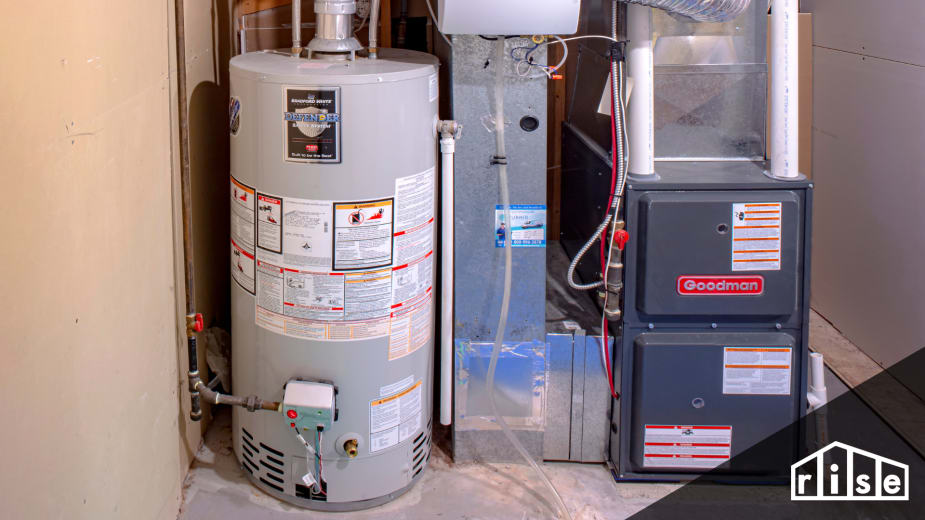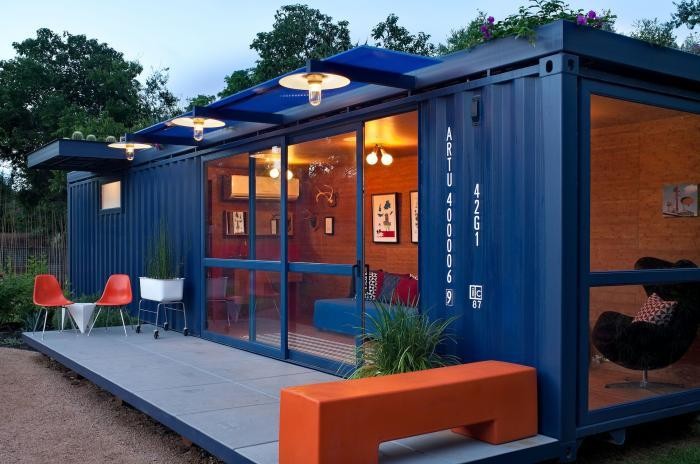If your hot water system is getting old and you’re ready to upgrade, an important thing to consider is the size of the hot water system you need as there are numerous factors that will influence your decision.
Two things to consider when choosing a hot water system that is the right size for your household include:
- how many people make use of it daily, and
- the number of hot water outlets present in your home.
Asking those questions will allow you to make an informed decision on the hot water system size best for your household. Size is important because it can save effort, money – and many cold showers!
To get to the bottom of what size hot water system you need, we’ve broken down everything there is to know in order to help you choose the best hot water system to suit your household.
How Many People Make Use of the Hot Water System in Your Home?
The trick here is not only to consider the people living in your home: also count any other people that visit your home regularly and use your hot water.
Here are some scenarios that people often forget:
- your grandkids come every Friday afternoon and each has a shower after a fun day of swimming, or
- your son’s best friend pops past to use your outdoor shower a few times a week after his morning surf so he doesn’t drive back home sticky and sandy.
Besides looking at present times, also have a look to the future. Hot water systems generally have a lifespan of ten or so years – it may only be yourself and your wife right now, but in the next decade, are you hoping to be a family of three or four?
When calculating the size of your household, take all the above-mentioned into consideration to determine the average amount of people using your hot water per week. To give you an idea, Sydney Water claims that the average person uses around 200L of water in total per day.
How Many Hot Water Outlets Are There In Your Home?
Keep in mind that hot water outlets aren’t only present in the bathroom. Take a look in other places, such as:
- dishwasher,
- garage,
- garden,
- kitchen sink,
- laundry room, and
- washing machine.
How many hot water outlets run simultaneously? For example, maybe your kids’ bedtime routine includes bathing after dinner – the same time that you turn the dishwasher on. If you find that a large amount of hot water is being used simultaneously, a larger hot water system will be able to keep up more adequately.
Determining What Storage Tank Size You Need
Working out the average number of people your hot water system provides for will help you decide on the right size storage tank needed for your household.
Below is the typical amount of hot water used in a day, along with the suggested size storage tank appropriate to meet that:
| Number of People | Daily Hot Water in Litres | Size Of Storage Tank in Litres |
| 1-2 | 120 | 160-250 |
| 3-4 | 200 | 250-330 |
| 5+ | 300+ | 400+ |
You can use these figures as guidelines and begin to research different hot water systems that produce the amount of hot water you need.
Electric Hot Water Heater Systems
Electric hot water systems connected to an off-peak tariff:
| Number of People | Electric Storage Hot Water System Size in Litres |
| 1-3 | 250 |
| 3-5 | 315 |
| 5-8 | 400 |
Electric hot water systems connected to an economy shoulder tariff:
| Number of People | Electric Storage Hot Water System Size in Litres |
| 1-3 | 125 |
| 3-4 | 160 |
| 4-6 | 250 |
| 6-8 | 315 |
Electric hot water systems connected to a peak supply tariff:
| Number of People | Electric Storage Hot Water System Size in Litres |
| 1-2 | 25 or 50 |
| 3-4 | 80 |
| 5+ | 125 |
Gas Hot Water Systems
Gas systems can heat water very quickly as they use an instantaneous system and the combustion of natural gas.
Rather than calculating the number of people using the hot water system daily, gas systems are governed by the number of outlets being used at the same time:
| Number of Outlets | Gas Hot Water System Size in Litres |
| 1 | 16 |
| 2 | 20 |
| 2-3 | 24 |
| 3 or more | 32 |
Solar Hot Water Systems
Solar systems can only heat up water in the day, so most of these systems are supplemented with an extra gas or electric booster that can compensate if there isn’t enough sunshine and a high demand.
| Number of People | Solar Hot Water System Size in Litres |
| 1-2 | 180 |
| 3-4 | 300 |
| 5-6 | 440 |
Heat Pump Hot Water Systems
Heat pumps use electricity to move air around as opposed to generating it, so they are significantly more energy-efficient and provide up to 15 times more energy than what they need to operate. A heat pump can be further optimised by being connected to an economy tariff.
| <200L | 200-300L | >300L |
| Small household size (up to 2 people) | Medium household (up to 3 people) | Large household (4 or more people) |
| 1 bathroom | 1 bathroom | 2 or more bathrooms |
| Off-peak tariffs aren’t usually suitable | Could run on restricted hours tariff | Restricted hours with off-peak tariff |
Key Takeaways
Before you go ahead and spend a lot of money on buying a hot water system, take a look at your household’s water usage habits. Calculate the size of the hot water heater system appropriate to sufficiently supply hot water to your household.
You can either select a system based on the amount of hot water that your household uses, or another option is to optimise your hot water use and buy a smaller heater to cut costs.
Before deciding, determine whether you need a replacement or just some maintenance. A new hot water system can be expensive, and so have to pay to have it installed too, so be absolutely sure it’s 100% necessary.
Take note that different hot water systems will have different installation costs. Do you need a bigger hot water system? The installation cost of this will be higher than just installing a newer version of your current system.
At the end of the day, choosing a hot water system to best meet your household’s needs can be difficult. It’s advisable to consult with a specialist before you make any decisions or spend any money.
Disclaimer: Please note that all information provided on this page is general in nature. We strive to provide accurate and reliable information at the time of publishing. However, this should not be interpreted as advice as it’s general in nature. You should seek a professional opinion to ensure that the information is suited to your situation.
Author Bio:
Alan Tayyar
Alan is the manager of Bayside Plumbing. He has vast experience and expertise in the plumbing industry from his time working at Sydney Water. From a young age, Alan had a keen interest in the plumbing trade, and his passion for delivering a high standard plumbing service has not waned.



















